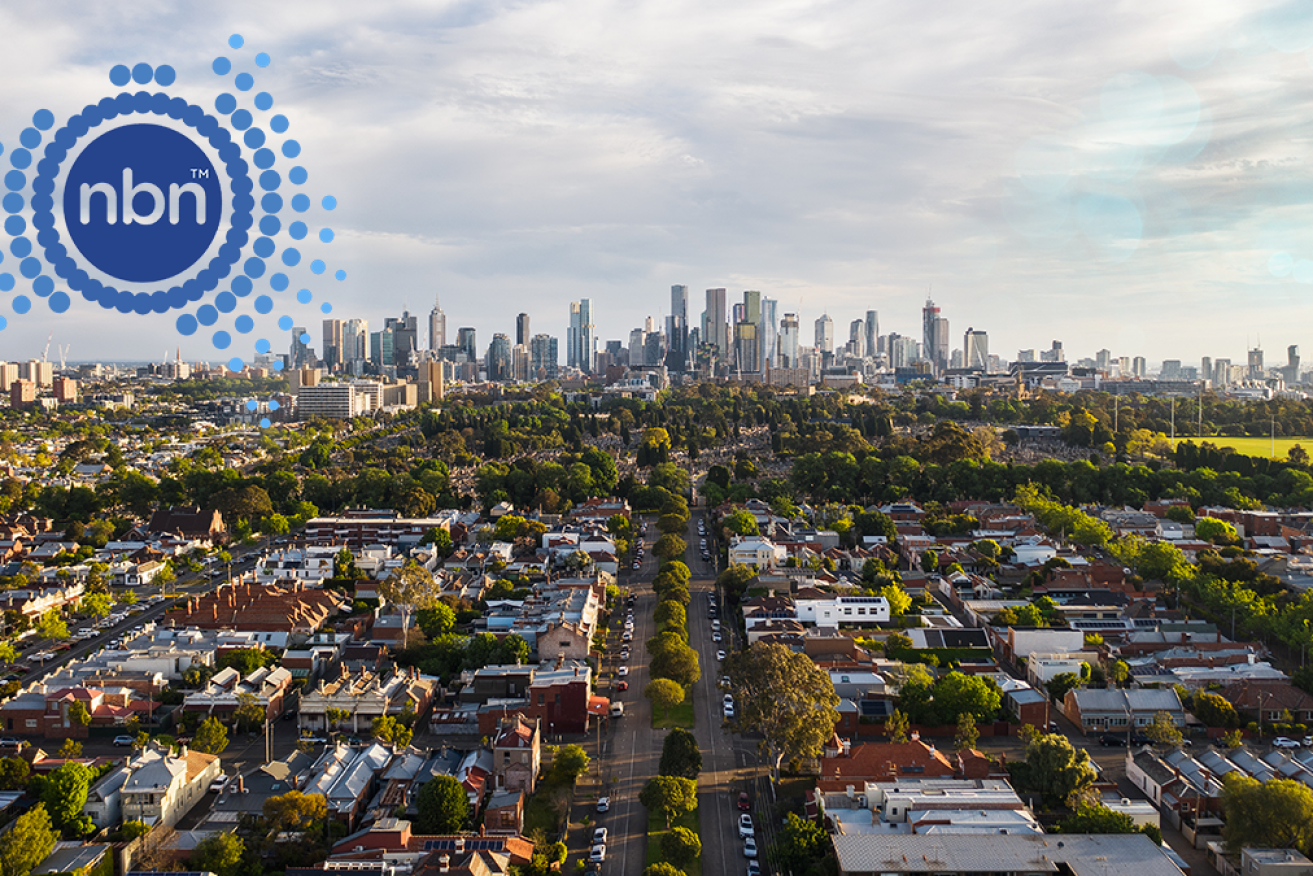‘On the back foot’: NBN satellites struggle as regional Australia looks to Elon Musk’s Starlink


The NBN's satellite internet service is falling behind in regional areas as Starlink scoops up customers. Photo: TND
For Coffs Harbour-based business owner Tom White, the National Broadband Network (NBN)’s Sky Muster satellite service allowed him to start running a firm from regional New South Wales.
But times have changed.
These days he and thousands of others are ditching the taxpayer-owned broadband network in favour of billionaire Elon Musk’s satellite internet startup, Starlink.
Mr White, who runs a business called Discount Lighting, says it was a “no brainer” – the NBN just can’t compete with what Starlink is offering.
“There were frustrations with Sky Muster. Whenever there was a storm we would get dropouts and the ping and delay of the [NBN] satellite was big,” he told The New Daily.
“With Starlink we’ve never had a problem. If there are outages we haven’t noticed – it just works.”
Starlink ascendant as NBN struggles
Mr White is far from the only Australian ditching Sky Muster, which cost the taxpayer-owned NBN more than half a billion dollars to get off the ground in 2015, but is now rapidly being usurped.
More than 10,000 customers have ditched Sky Muster in the past year alone, moving on to a combination of Starlink and the NBN’s own fixed wireless network, The New Daily understands.
The taxpayer-owned company now has about 96,000 customers using its Sky Muster satellites.
Starlink, meanwhile, is boasting considerable growth and has racked up more than 120,000 customers in Australia since launching in 2021 – with more customers switching daily.
Big telcos are opting to partner with Starlink too; both Telstra and Optus signed deals with Mr Musk’s company recently to improve high-speed internet access across regional Australia.
Telstra has avoided offering Sky Muster services, with executives telling reporters last month that Australia’s largest telco did not want to be associated with the taxpayer-owned satellite product.
For business owners like Mr White, it’s a simple matter of technology – Starlink utilises a network of low orbiting satellites that deliver higher speeds, lower latency and far better reliability than Sky Muster, which relies on two older and much higher orbiting satellites.
“The delay is less on video calls, and the speeds are really good too,” he said.
“[The NBN] are on the back foot. They’re using a fixed satellite that’s way up in the sky. I’m not sure they can do a lot about the delay.”

Discount Lighting’s Tom White. Photo: Tom White
Juliet Robinson, who runs a consulting business two hours north of Melbourne, tells TND that she struggled with Sky Muster during COVID-19, suffering with unreliable service and poor speeds.
“Starlink wasn’t available then, but the minute I heard about it we got it,” Ms Robinson said.
“It’s been such a game changer … everything is faster and I’m no longer sitting on Zoom cutting in and out.”
NBN searches for way forward
As customers vote with their wallets, questions are being asked about the value of the NBN’s Sky Muster service, particularly after the NBN said late last year it would not recover at least $31 billion in costs associated with the wider broadband network.
RMIT University associate professor Mark Gregory said the book value of Sky Muster will fall in coming years as the satellites that power the service age, raising the need for a new approach.
“A key concern with utilising low Earth orbit satellites is the current product offerings are considerably more expensive than the Sky Muster broadband plans,” Dr Gregory told TND.
“There is a need for the Australian government through NBN Co to invest in low Earth orbit satellites to provide a low-cost solution that can provide equitable access to broadband in Australia.”
The NBN is exploring utilising low Earth orbit satellites to offer its own internet service that rivals Starlink in regional areas, asking for industry views last month on how it can compete.
An NBN spokesperson said the company is looking ahead to how it can meet the “evolving broadband needs of Australia” and that low orbit satellites could be a part of it.
“It is important we understand the full range of opportunities and properly evaluate the solutions that are available to provide the best possible outcomes for Australians in remote areas into the future,” they said.
“[That includes] a solution that fits within the Australian regulatory framework and laws and offers price certainty, network and data sovereignty and options for local support.”
What’s interesting is that customers in regional areas are already pining for a competitor to Starlink to emerge, with both Mr White and Ms Robinson saying they’re wary about Mr Musk.
“It’s dangerous to be reliant on a private operator, particularly one run by Elon Musk,” Mr White said.
“You never quite know what decisions he’s going to make.”








